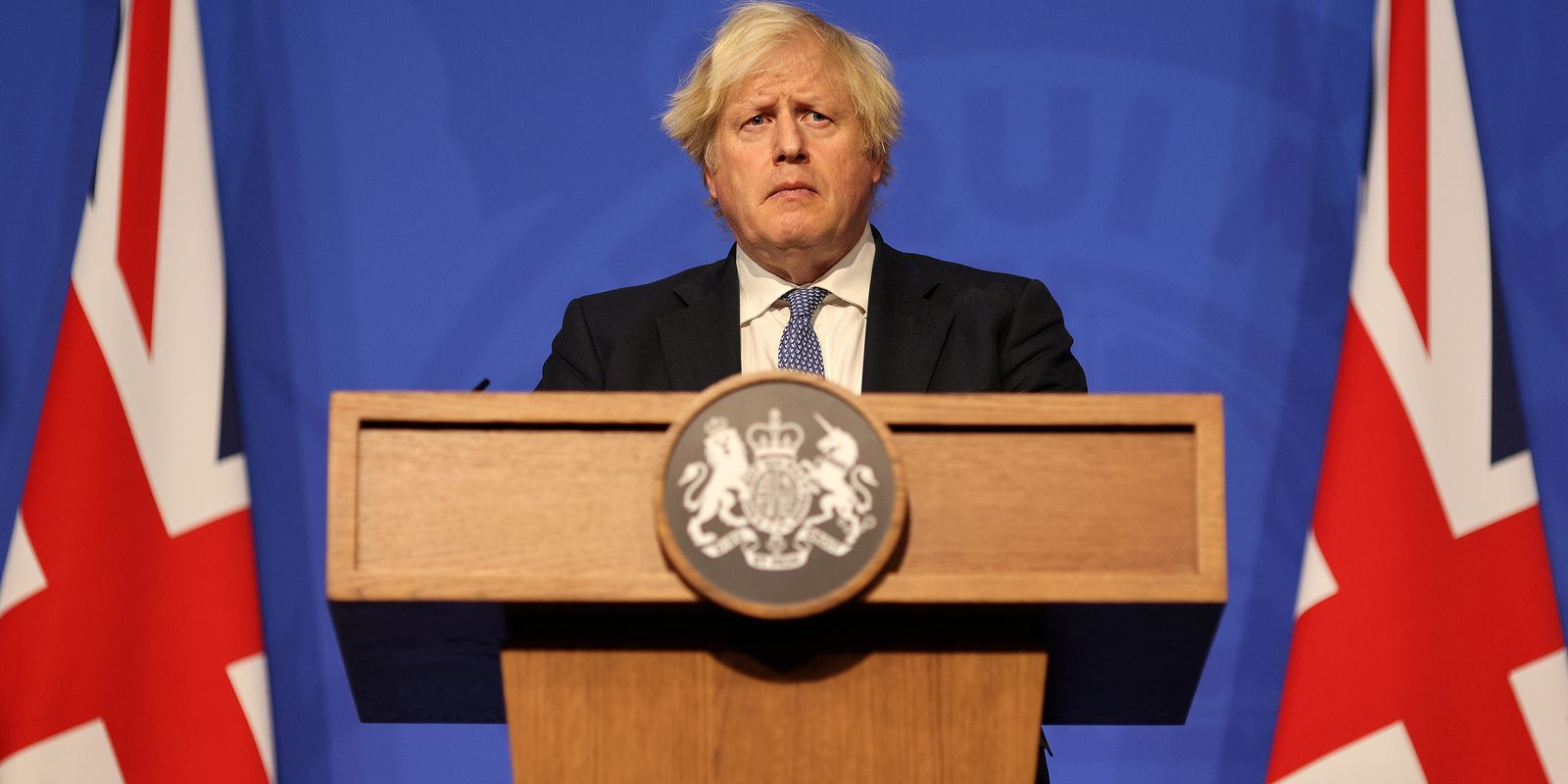Sociologist Sabrina Fernandes, 34, was studying at Carleton University, Canada, when the June 2013 protests erupted in Brazil. From there, he oversaw the demonstrations for his doctorate. “We had several Junes in 2013”, she says, in the series of interviews on the ten years of movement carried out by the tongue. “We haven’t even ripped out what’s behind [dos protestos]because there is an invisible June 2013, of the municipalities farthest from urban centers.”
Fernandes refers to the Italian philosopher Antonio Gramsci to explain the situation: “The old is dying and the new cannot be born; in this interregnum a great variety of morbid symptoms appear”. According to her, between June 2013 and the October 2018 elections, which Jair Bolsonaro (PL), the end of the “old policy” has been declared — but a new one has not been born.
The consequence was a paradox: despite the great involvement in the protests, there was in fact a depoliticization of society. As if everything that is wrong is caused by politics and politicians – which was reflected, for example, in the discourse “without ideology” and “without party”, which transmuted into the Escola Sem movement. Partido and in the motto “my party is my country”.
Which egg and which snake?
“June 2013 had several voices, several different looks at the same time”, sums up the sociologist, for whom the protests still operate today like “a ghost in the imagination of the Brazilian left”. While acknowledging that the right had the ability to take over and empty the agenda from the streets, Fernandes disagrees with the idea of a “snake egg” hatched by the protests.
“I hate this metaphor. Who laid the egg? This is an essential question for the discussion. What happened before?” he asks, citing the presence of conservatism installed in the center of power even before the protests — in figures such as Michel Temer and Eduardo Wedge. For her, the protests also raised important issues, such as the right to the city.
“I do not believe it [2013] It was a revolutionary moment, but a moment that would profoundly impact the Brazilian left.” Fernandes considers that this impact turned into trauma after the dismissal of Dilma Rousseff in 2016.
“The coup generated a certain fracture in the psyche of the left: you suffer and it makes you look at the past and say ‘that was it’ or ‘that was not that’, trying to find a explanation for something so traumatic. For us to process those traumas, we have to talk about them. And it makes sense that now, ten years later, there is a need, because of the timeline,” he says.
For her, Brazil has “changed a lot and a little” over the past decade. Political antagonisms have multiplied, as in the fierce debate on “gender ideology”, for example, but very few mobilizations have taken place in the direction of structural changes.
The solution is to overcome the trauma and repoliticize society. “We must put the bloc in the street, yes, because there is no democracy without popular organization, and popular organization does not take place inside a small box”, he believes. .

“Freelance communicator. Hardcore web practitioner. Entrepreneur. Total student. Beer ninja.”







